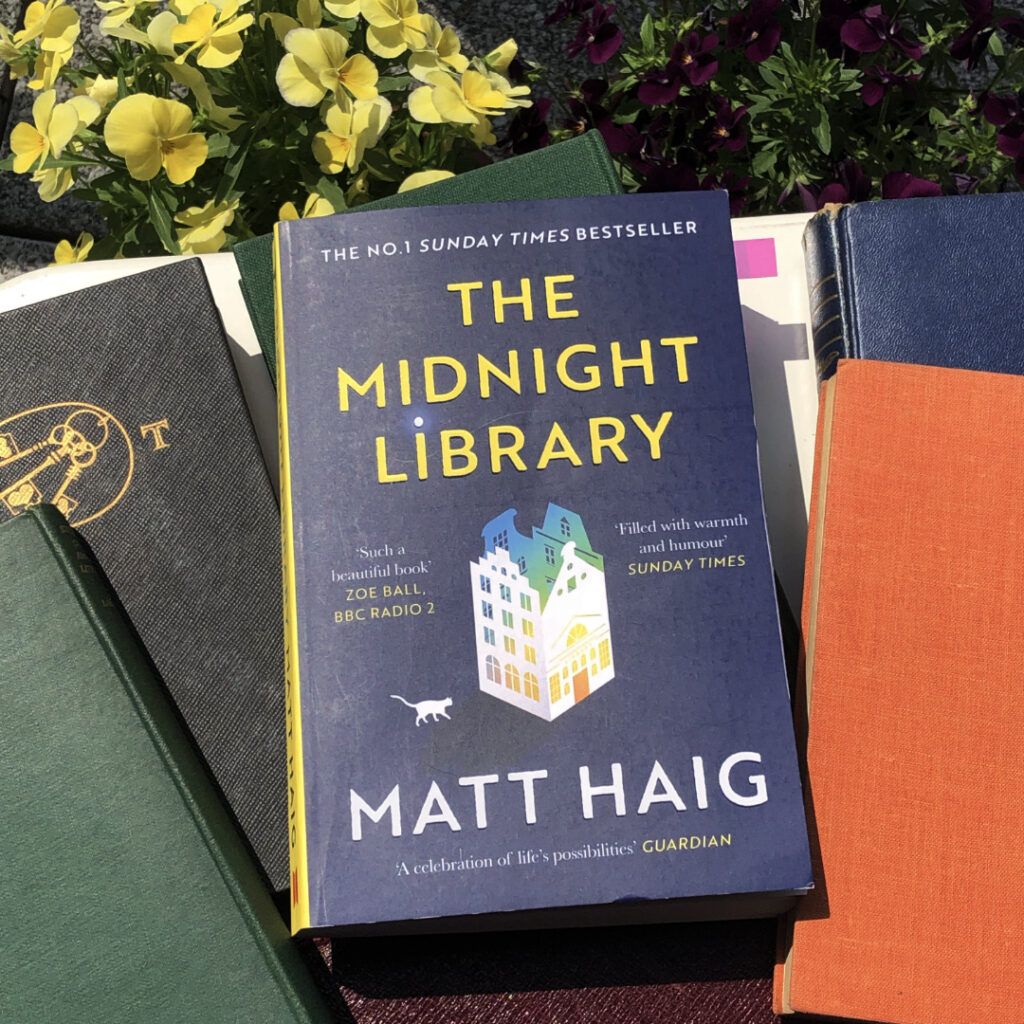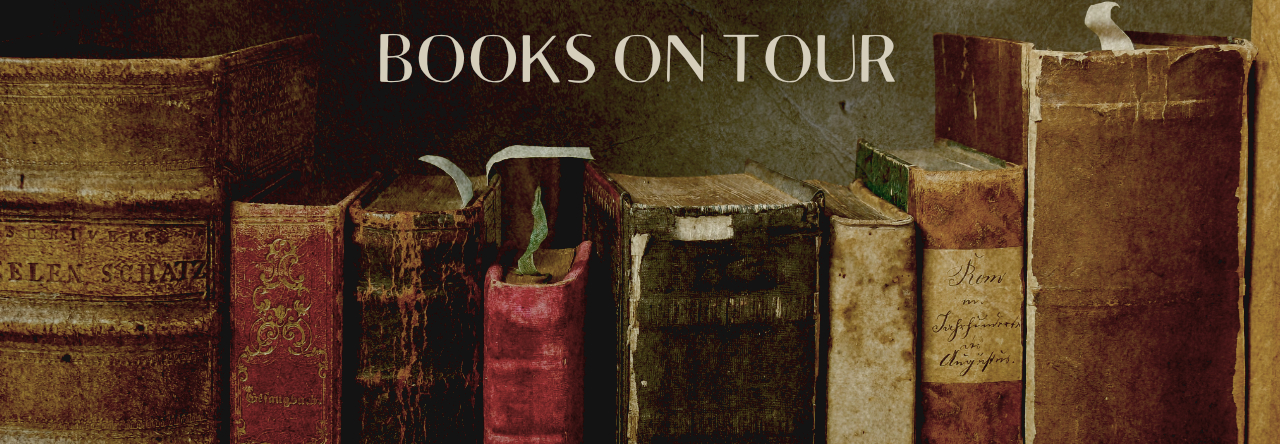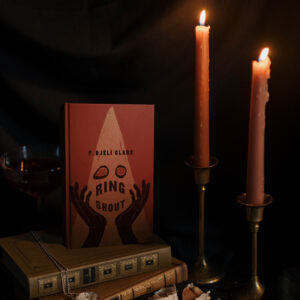
Publication Date: 13th August 2020
Publisher: Canongate Books
ISBN: 9781786892713
Genre: Fantasy
Strong Point: It is very pleasant to read. The author’s style is very articulate and clean. Formal and quite poetic.
Weak Point: I finished the book feeling that something was missing in it. The end felt somehow superficial.
Books on Tour Rating: 


 (4/5)
(4/5)
Goodreads Rating: ⭐️⭐️⭐️ (4.14/5)
“You don’t have to understand life. You just have to live it.”
“THE MIDNIGHT LIBRARY”
If you enjoy reading, and you like to be aware of which books are hyped about in social media, when you finally read one of those books, and you don’t end up liking it so much as the rest of the people, you feel “weird”.
Have I fully understood the book? What am I missing? These are some of the questions that popped up in my head when I finish reading “The Midnight Library”.
It is not that I didn’t like the book (I gave it 4 stars!) but I don’t find it so much “life-changing” as I expected it to be, based on the amazing reviews I have read.
I will try to explain why but I am a bit confused about this book…
THE STORY
So the book starts with the protagonist, Nora Seed, a 35 years old who suffers from situational depression.
She unhappily works at a musical equipment shop, teaches some private piano lessons, and is quite alone in the world (mum and dad are dead).
She used to play in a band with her brother Joe but this did not end up very well. And her relationship with her brother suffered deeply because of this circumstance.
Furthermore, Nora backed out of her wedding with Dan just two days before the date.
As a consequence of all this, when her cat dies and she is fired from her shitty job, she realized she cannot take it anymore.
Then, at midnight, she finds herself in a sort of weird library with her school librarian, Mrs. Elm. The books covers in that library are all in green tones and there are no names in their spines.
So Nora is now in the limbo, between life and death and is given the possibility of trying the different lives she could have lived (like being a singer or a mother); to experience if her life would have been different if she had made other choices.
So every book in the library is a different version of her root life.
MENTAL HEALTH AWARENESS, REGRETS AND OUR DEAR PARENTS
This book should be read by people at all ages. It deals partly with mental illnesses, some of them quite severe, and with suicide. So please be careful if you want to read it as it could be a giant trigger if you suffer from these issues.
And this is a good thing. The more publicity we give to mental illnesses the quicker they would stop being a tabu and stigmatising people who suffer from them.
“The Midnight Library” also speaks about regrets and how our regrets can stop us from fully living our lives and constantly living in the past or clinging to the “What if?”.
Furthermore, it also speaks about expectations, specifically, about our parents’ expectations of us and how these expectations can make us, children, miserable.
For example, there is one moment when Nora realised that her mother had discouraged her from pursuing some of her dreams and hobbies because these would take Nora away from her. And this, based on my own experience, can make the child quite resentful with the parents and can lead to an unfulfilled life.
FINAL THOUGHTS ABOUT “THE MIDNIGHT LIBRARY”
The book can be quite philosophical and transcendental. If this is not your cup of tea, then you better don’t read it. But then you would be missing its central message.
Throughout the book, we are reminded that we are always worried for what “could have been” but it didn’t happen. Always longing for unreal things.
In addition, regrets are not good for us. They serve us for nothing. They only dragged us down and make us feel heavy and sad in our souls.
We long for a life where we are always happy but this doesn’t exist because happiness lives together with sadness. Both must exist.
However, all things said, I still felt like there was something missing in the end. Nora’s life is still not what she thought it would be, but the small improvements in her situation at the end of the book, make it sound as a forced “happy-ending”, albeit small. It is as if the author felt “forced” to include these little improvements in her life as a way of fitting with a positive point of view. And this felt quite superficial.
“The Midnight Library” reminded me all the time of the movie “It’a a Wonderful Life” but updated to the 21st century.
But I still think it is a lovely book and should be read. However, it felt dangerously close to a self-help book for me.



